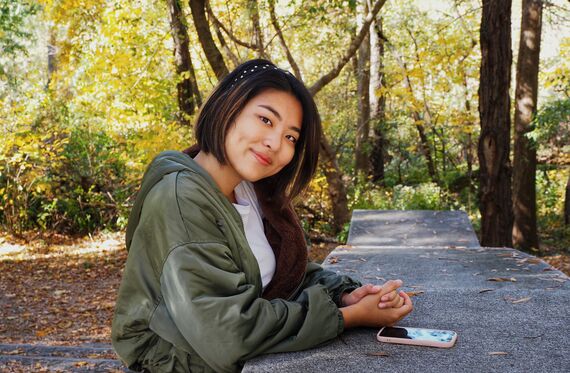
student scholars
Sooin Choi
Throughout my life, I have been hopping around big cities like Seoul, Shanghai, and Doha. Being a migrant my whole life, I naturally became curious about the outsiders’ experience of the city. My undergraduate background is also in Culture and Politics at the School of Foreign Service, so I usually think about how cities are experienced from a community’s standpoint, particularly that of migrants.
In college, I conducted ethnographic research analyzing foreign migrant businesses in Doha and rural-urban migrant religious communities in Seoul. The latter research was inspired by my Grandma during the height of the pandemic. In 2020, large networks of conservative evangelical Christians took to the streets to protest against the Korean government’s COVID-19 measures. Starting with my Grandma, I interviewed female, evangelical, baby boomer Protestants who migrated to Seoul in their 20s and supported the anti-government protests at the time. I learned that religious spaces facilitated unique community-building practices for rural-urban migrants that fostered their political affiliation over time. My research experience led to a broader interest in urban studies, and I decided to pursue a master’s degree in Urban and Regional Planning.
Through the Global Cities Student Scholars initiative, I want to continue my interest in migrant communities and their relationship with the city and its authorities. Particularly, I seek to study the economic measures for aging populations and scarce domestic populations in cities like Singapore, Dubai, Riyadh, and Tokyo. I am interested in these cities’ reliance on both skilled and unskilled workers from outside the city and abroad, as well as the legal and financial institutions that are created to support the workers. Some questions I often think about are: What are cities doing to encourage migrant entrepreneurship? What are the legal and cultural barriers that deter talented foreign workers from staying? How do migrants establish their ethnic/cultural enclaves in the metropolia? What kind of cities attract more female migrant workers?
Professionally, I aspire to work with mayors to grow knowledge economies while addressing the needs of the evolving demographics and environmental issues. Through my master’s program, I have been able to combine my interest in economic development and city planning. I hope to continue to understand larger regional patterns and apply local solutions to respond to economic issues.

